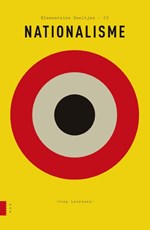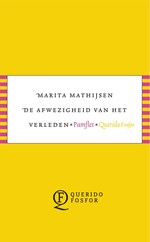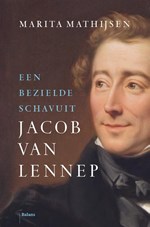19th century romantic nationalism at the core of today’s populism
04 juni 2018With the launch of the Encyclopedia of Romantic Nationalism in Europe we celebrate the book ánd the humanities with speakers about topics such as nationalism, romanticism, populism – connecting Europe’s history with current events. Besides politics and power-relations, culture has contributed massively to the formation of today’s European nations and states. At Spui25, 4th of June, 16.00-17.30h.
This monumental encyclopedia documents the presence and effects of cultural consciousness raising in the early decades of European nationalism. The volume tracks how intellectuals, historians, novelists, poets, painters, folklorists, and composers, in an intensely collaborative transnational network, articulated the national identities and aspirations that would go on to determine European history and politics with effects that are still felt today.
In this programme, the speakers want to emphasize how transnational the developments within different countries has been throughout the 19th century. Moreover, they want to emphasize how culture was not only the intellectual and artistic ambitience which made nationalism, but most of all as the communicative medium which rendered a transnational diffusion of nationalism possible.
The speakers will hold a panel discussion with four themes. First the panel will focus on the encyclopedia as a book and as digital platform with a short introduction by José van Dijck. The panel will discuss the actuality of humanities and the ongoing nationalism with an introduction by Fred Weerman. Michael Wintle will introduce the discussion on the studying of national identity, cultural as well as political. The fourth theme will be nationalism as a transnational and Dutch phenomenon, introduced by Marita Mathijsen.
All the material in the book is also available online through open access: https://ernie.uva.nl/viewer.p/21.
The presentation will be followed by drinks.
About the speakers
Joep Leerssen is one of the world’s leading authorities on the cultural history of nationalism. For his work he was given the Spinoza Award in 2008, the highest award in Dutch science.
José van Dijck, Distinguished Professor at Utrecht University, is President of the Royal Netherlands Academy of Arts and Sciences (KNAW). She combines her work as President of the Academy with her research work at Utrecht University.
Fred Weerman, professor of Dutch Linguistics, is dean of the Faculty of Humanities.
Michael Wintle is Professor of Modern European History at the Faculty of Humanities of the University of Amsterdam.
Marita Mathijsen (1944) is Emeritus professor in modern Dutch literature at the University of Amsterdam. She wrote several standard works, such as De geest van de dichter (1990), De gemaskerde eeuw (2002) en Historiezucht (2013). Her work has been rewarderd with several awards. Last January she presented her new biography Een bezielde schavuit (2018) at our Spui25.
Free entrance, sign up here!





